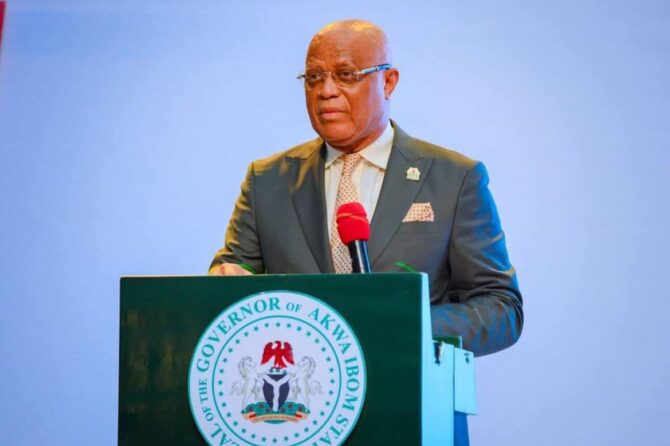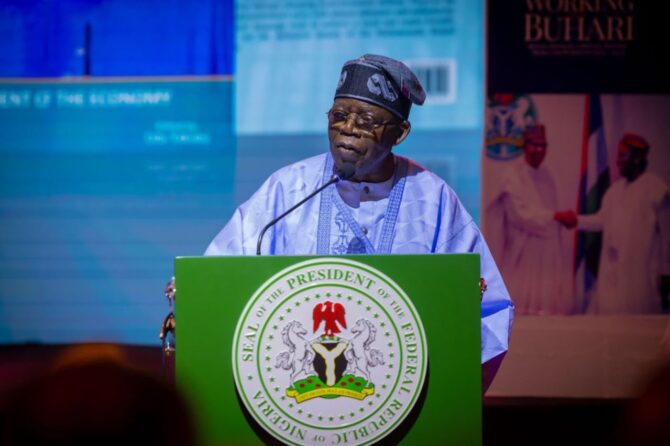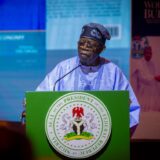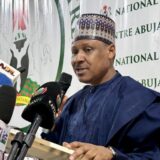NLC and TUC Demand Reversal of Rivers Emergency Rule: A Call to Protect Democracy
ABUJA — The Nigeria Labour Congress (NLC) and the Trade Union Congress (TUC) have strongly condemned President Bola Tinubu’s declaration of a state of emergency in Rivers State, describing it as unconstitutional and a dangerous overreach of executive power. In a joint statement issued on March 19, 2025, the unions demanded the immediate reversal of the emergency rule, warning that it sets a troubling precedent for Nigeria’s democracy and federal structure.
Background: Tinubu’s Controversial Declaration
President Tinubu declared the state of emergency on March 18, 2025, citing escalating political instability, governance breakdowns, and pipeline vandalism in Rivers State. The declaration suspended Governor Siminalayi Fubara, Deputy Governor Ngozi Odu, and all members of the Rivers State House of Assembly for an initial six-month period. Retired Vice Admiral Ibok-Ete Ibas was appointed as sole administrator to oversee the state’s affairs during this time.
Tinubu justified his decision by invoking Section 305 of the Nigerian Constitution, stating: “The security and economic stability of our nation cannot be compromised. Extraordinary measures are necessary to restore order in Rivers State.”
Labour Unions’ Reaction: “A Direct Assault on Democracy”
In their joint statement, NLC President Joe Ajaero and TUC President Festus Osifo criticized Tinubu’s actions as unconstitutional and reckless:
- Violation of Constitutional Rights: The unions argued that the suspension of elected officials contravenes Section 305(6) of the 1999 Constitution, which outlines strict legal processes for declaring and sustaining a state of emergency.
- Erosion of Democratic Governance: They warned that arbitrarily removing elected leaders undermines Nigeria’s federal structure and sets a dangerous precedent for future governance.
- Call for Reversal: “We demand the immediate reversal of this unconstitutional state of emergency in the interest of democracy, economic stability, and the welfare of Nigerian workers,” they stated.
Socio-Economic Concerns Raised by Labour Unions
The unions also highlighted the potential socio-economic consequences of the emergency rule:
- Economic Disruption: Businesses in Rivers State could face closures or reduced operations due to uncertainty, leading to job losses and wage cuts.
- Impact on Workers: Thousands of workers in both formal and informal sectors may experience economic hardship as a result of disrupted activities.
- Investment Deterrence: The declaration could discourage local and foreign investments in Rivers State, further slowing economic growth.
Broader Implications for Nigeria’s Democracy
The NLC and TUC warned that such political overreach could have long-term consequences for Nigeria’s democratic institutions:
- “No democratic society can thrive where elected leaders are arbitrarily removed at the whims of the President,” they said.
- They urged Tinubu to exercise restraint and respect constitutional limits to avoid repeating past mistakes that have destabilized Nigeria.
Conclusion: A Call for Dialogue
The labour unions emphasized that dialogue and constitutional processes should be prioritized over unilateral actions. As political tensions rise, their demand for a reversal underscores growing concerns about preserving Nigeria’s democratic principles and federal structure.

















